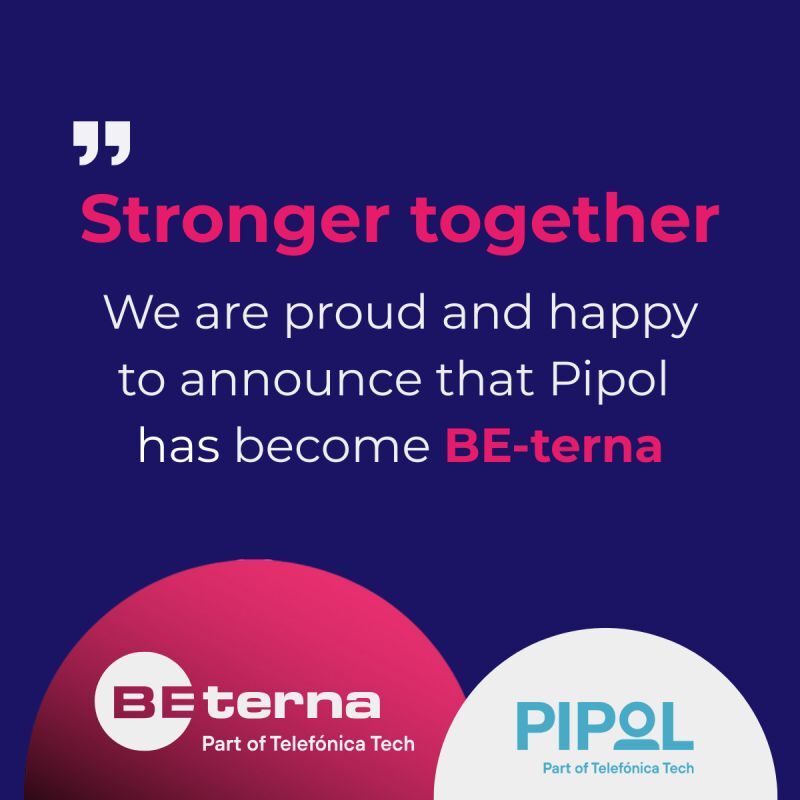The world is becoming more and more international, and more companies are operating across borders. In our dialogue with international companies, they emphasize five areas as special focus areas for their business transformation: Growth, data, processes, management, and costs. Each area is a major business driver for implementing an international ERP solution.
#1 Global Growth and Expansion:
As businesses scale across borders, the complexity of managing diverse markets, currencies, and regulations intensifies. An international ERP system offers a unified, scalable platform that supports global expansion by streamlining operations and ensuring compliance across different regions. This allows companies to manage their international growth more effectively, minimizing risks and maximizing opportunities in new markets.
#2 Unified Data Management:
One of the critical challenges for multinational companies is maintaining data integrity and consistency across various geographies. Disparate systems can lead to data silos, resulting in inefficiencies and inaccuracies. Implementing an international ERP system centralizes data management, providing real-time, accurate information across the organization. This unified approach not only enhances decision-making but also ensures that all teams, regardless of location, are working with the same data set, thereby improving collaboration and reducing errors.
#3 Standardized Business Processes:
Operating in multiple countries often means dealing with varying business processes, which can lead to inefficiencies and increased operational costs. An international ERP system standardizes these processes, ensuring consistency and efficiency across all locations. This standardization is crucial for maintaining quality, compliance, and operational excellence as the company grows. By aligning processes globally, companies can optimize their resources, reduce redundancy, and accelerate the implementation of best practices across the enterprise.
#4 Enhanced Global Management:
Managing a global enterprise involves complex logistics, multiple currencies, diverse legal requirements, and varying customer expectations. An international ERP system provides a single, integrated platform that offers complete visibility and control over global operations. This holistic view enables management to make informed decisions, optimize resources, and respond quickly to changes in the global market. Furthermore, the ability to monitor performance across all regions in real-time helps in identifying opportunities for improvement and driving overall business performance.
#5 Cost Efficiency and ROI:
While the initial investment in an international ERP system can be substantial, the long-term benefits far outweigh the costs. By integrating and automating processes, businesses can reduce operational inefficiencies, lower administrative costs, and improve resource allocation. Over time, these efficiencies lead to significant cost savings and a higher return on investment. Additionally, an international ERP system can help companies identify new revenue streams and optimize pricing strategies across different markets, further enhancing profitability.
In conclusion, implementing an international ERP system is a strategic imperative for businesses looking to thrive in the global marketplace. By addressing the challenges of growth, data management, process standardization, global oversight, and cost efficiency, an international ERP system positions companies for long-term success and competitiveness on a global scale.
Ready to take your business to the next level? Contact us today to learn how our international ERP solutions can help you achieve your global business goals.



